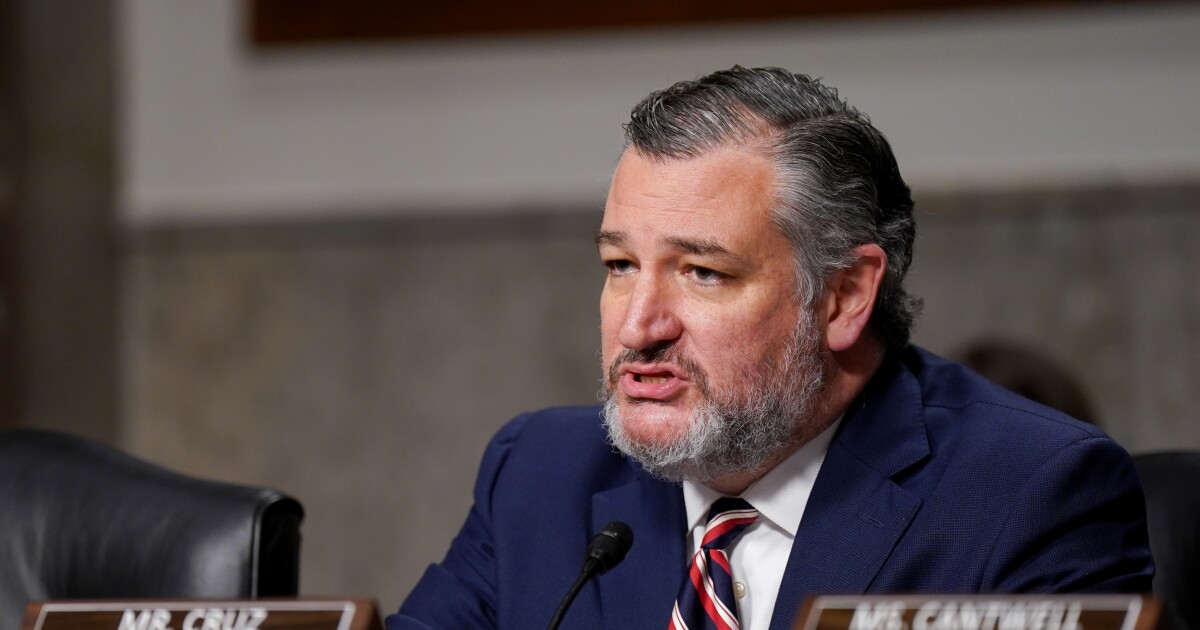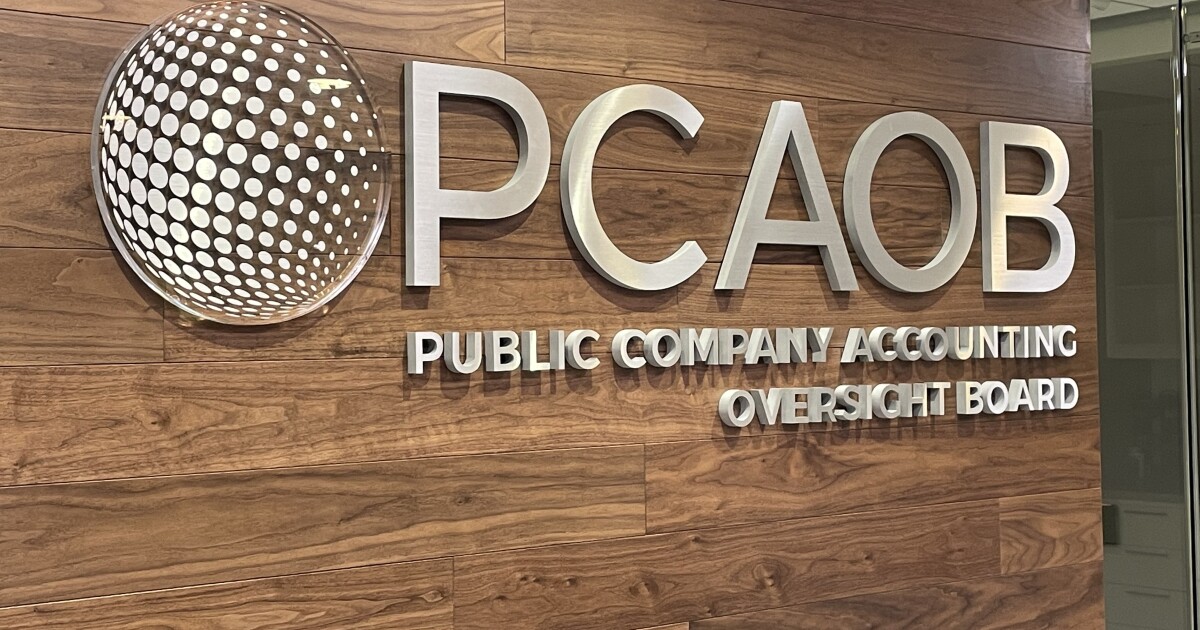Texas Sen. Ted Cruz pitched Republican senators Wednesday on ending the Federal Reserve’s authority to pay interest to banks, claiming it would save $1.1 trillion over a decade, with members of the party’s conservative flank lauding the idea.
“I made the case directly to the president in the Oval Office last week, I made the case at lunch today,” Cruz said in an interview at the Capitol. If the idea is added to Trump’s massive tax and spending package, it could help to offset the cost and limit its impact on the deficit, Cruz said.
Cruz noted payments of interest on reserves only started in 2008 during the financial crisis but have exploded from $1 billion that year to $186 billion in 2024 as interest rates climbed.
“The case I made at lunch is we’re agonizing trying to find a $50 billion cut here and there. This is over a trillion dollars, big dollars in savings,” he said. “Half of it is going to foreign banks, which makes no sense.”
Bond purchases
The Fed first paid interest on reserve balances, or IORB, after it began its first round of large-scale bond purchases. Those purchases were aimed at stimulating the economy, but also created outsized bank reserves.
Paying interest on the swelling reserves often ensured that banks wouldn’t lend them out at a lower rate than the Fed wanted, thereby holding a floor under the overnight interbank market.
Cruz rejected the argument that the Fed needs to pay interest to help control short-term interest rates, given the payments didn’t occur before 2008.
“From 1913 to 2008, they managed to do it just fine,” he said.
Blake Gwinn, head of U.S. interest rate strategy at RBC Capital Markets, said adopting the proposal could create severe difficulties for the Fed.
“If you do it, you’re going to have to give it a lot of runway,” Gwinn said. “To end it immediately would be disastrous. To unwind this you have to have some lag time. If you don’t give it lag time, it’s going to be a huge mess.”
Barclays strategists on Monday predicted the Fed’s interest expenses would remain elevated even if lawmakers eliminated interest on reserves. In that case, they wrote, more cash would likely shift to a separate Fed program, the Overnight Reverse Repurchase Facility, that is also used to stabilize money market rates.
Cruz predicted some of the bank reserves would instead be put in short-term government debt instead, which he said would help lower interest rates and drive down the government’s interest expenses.
Two conservative holdouts on the tax bill — Rick Scott of Florida and Ron Johnson of Wisconsin — also are backing the idea, as is prominent Texas Representative Chip Roy.
Scott said he’s pitched the idea to many people to help shrink the deficit. “We have to balance the budget,” he said.
‘Really stupid’
Johnson called the Fed interest payments, especially to foreign banks, “really stupid.”
He mocked resistance from banks. “Everybody loves free federal money,” he said sarcastically. “That just locks up capital.”
Congress first authorized the U.S. central bank to pay interest on reserves in 2006 through the Financial Services Regulatory Relief Act. It was initially slated to take effect in 2011 but was pulled forward as the result of the 2008 financial crisis.
Policymakers have since added the overnight reverse repo facility — which pays interest on cash that counterparties, predominantly non-banks like money-market funds, park at the central bank — to solidify the Fed’s control over short-term rates.
But eradicating IORB could change how banks manage liquidity, potentially shifting cash back to money markets and crowding out existing participants in Treasury bills, repurchase agreements and fed funds, according to JPMorgan Chase & Co.
Money the Fed pays to banks as interest on reserves doesn’t come from congressionally appropriated funds. But the payouts do reduce the amount of money the Fed remits annually to the Treasury, funds the Treasury would otherwise be forced to borrow.
Interest paid on reserves totaled $186.5 billion in 2024, contributing to the central bank’s $77.6 billion operating loss.


 Personal Finance1 week ago
Personal Finance1 week ago
 Economics6 days ago
Economics6 days ago
 Economics1 week ago
Economics1 week ago
 Economics6 days ago
Economics6 days ago
 Finance6 days ago
Finance6 days ago
 Economics6 days ago
Economics6 days ago
 Economics4 days ago
Economics4 days ago
 Blog Post5 days ago
Blog Post5 days ago












